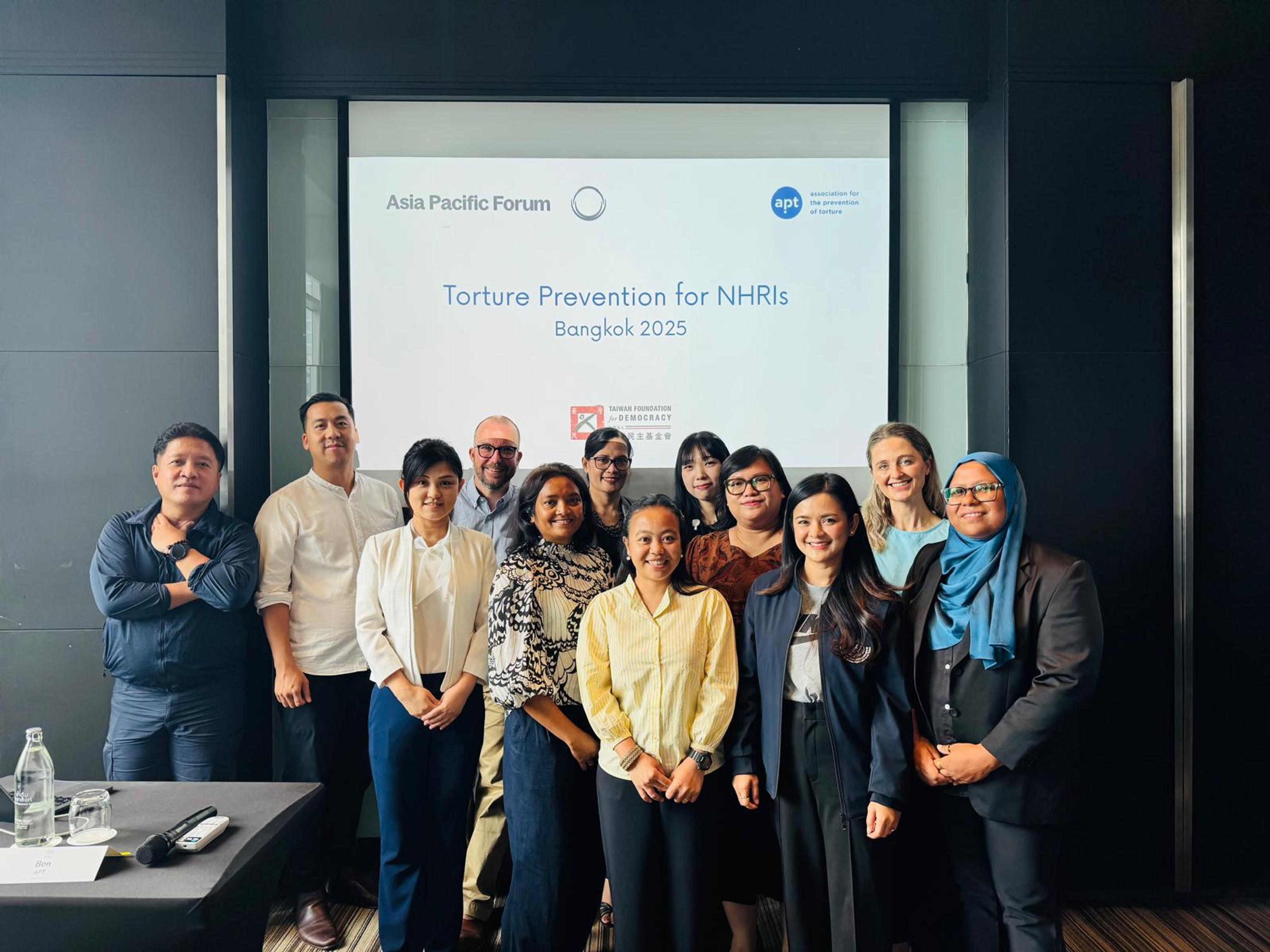Engaging with inter-governmental mechanisms in our region
The APF has finalised the baseline study for its project supporting NHRIs to engage with their key inter-governmental mechanisms.

The APF has finalised its baseline study to assess levels of engagement, NHRI capacity and areas of common interest between NHRIs and their respective intergovernmental mechanisms (IGMs), specifically, the ASEAN Inter-Governmental Commission on Human Rights (AICHR) and the Pacific Islands Forum (PIF).
The baseline study provides an important foundation for the APF's project supporting NHRIs in the South-East Asian and Pacific sub-regions to engage with their key IGMs on specific human rights issues.
The study examined the levels of knowledge, awareness and engagement between NHRIs and IGMs, and found that both NHRI and IGM participants saw great value in strengthening their relationship and collaborating on human rights issues.
The thematic issue of 'environmental rights and climate change' has been selected for the project, based on priority issues identified during the study. The project activities – which include blended learning courses, online communities of practice, a small grants program for targeted national projects, and sub-regional dialogues – will focus on strengthening NHRI-IGM engagement on the human rights dimension of climate change and environmental issues.
NHRIs and IGMs have a critical role in responding to these human rights issues and have taken great strides in their work. This includes the increasing recognition of the right to a healthy environment and the work of AICHR to build a rights-based regional framework for environmental impact assessment in South-East Asia.
Human rights-based approaches have also been incorporated into the Framework for Resilient Development in the Pacific and there have been stronger calls to the international community to take urgent action on climate change, including for the establishment of a Special Rapporteur on Human Rights and Climate Change.
At the recent GANHRI Annual Conference, Ms Michelle Bachelet, UN High Commissioner for Human Rights, spoke about the role of NHRIs, specifically, in promoting climate action:
"As State bodies with a broad mandate to promote and protect human rights, NHRIs play a key role in climate mitigation and adaptation by educating the public about the human rights impacts of environmental harms, monitoring these impacts, and advising governments to adopt human rights-based environmental policies," Ms Bachelet said.
NHRIs can help promote much more effective, informed and participatory climate action – action that can both benefit people’s rights and preserve our environment."
Michelle Bachelet, UN High Commissioner for Human Rights
"They can also handle complaints and promote accountability at a national level and through regional and universal human rights mechanisms."
As key actors at the national, regional and international levels, it is important for NHRIs and IGMs to have opportunities to share information, experiences and strengthen their collaboration.
Supported by the European Union, the APF will facilitate a platform for exchange and dialogue between NHRIs and IGMs to identify human rights-based responses to environmental and climate change challenges.
Related News
Partners
Image credits
Vuong Kha Thinh on Shutterstock







